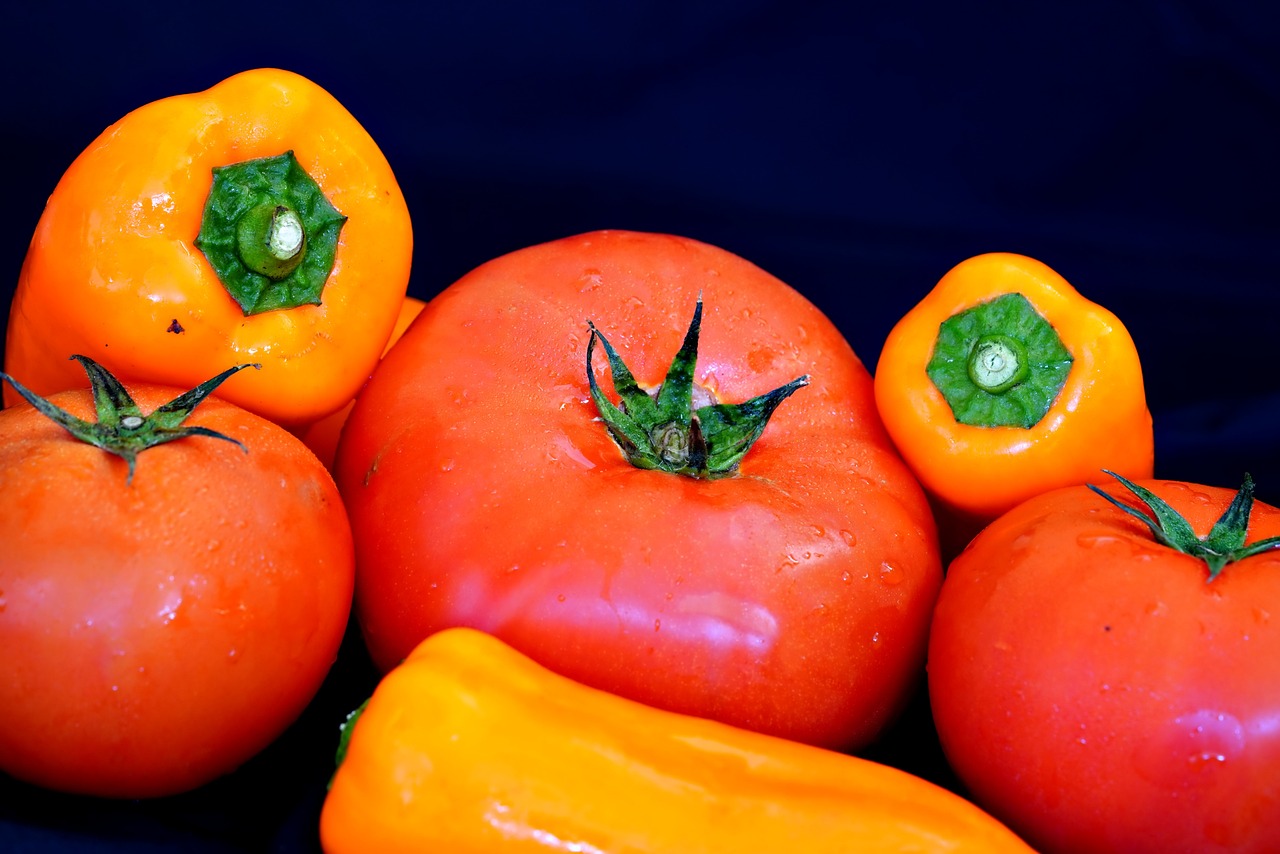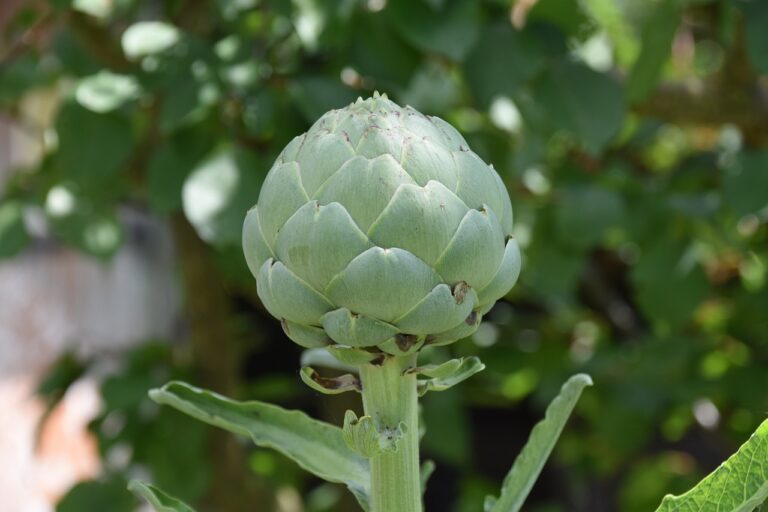The Surprising Health Benefits of Traditional Ayurvedic Cuisine
Ayurvedic spices play a crucial role in promoting overall health and well-being. These potent ingredients not only add flavor to dishes but also offer a range of therapeutic benefits. Turmeric, a staple in Ayurvedic cooking, is known for its powerful anti-inflammatory properties. It can help reduce inflammation in the body and alleviate symptoms of conditions like arthritis.
Another popular Ayurvedic spice is cumin, which is valued for its digestive properties. Cumin aids in digestion by stimulating enzyme production and promoting the breakdown of food. It can help prevent bloating, gas, and indigestion, making it a valuable addition to meals, especially for those with sensitive digestive systems.
Immune-Boosting Properties of Ayurvedic Ingredients
Incorporating Ayurvedic ingredients into your daily meals can significantly contribute to boosting your immune system. Turmeric, a key spice in Ayurvedic cooking, contains curcumin, which is known for its anti-inflammatory and antioxidant properties. By including turmeric in your dishes, you can help your body fight off infections and enhance overall immune function.
Another powerful Ayurvedic ingredient is ginger, which is valued for its immune-boosting properties. Gingerol, the bioactive compound in ginger, has been shown to have antimicrobial and anti-inflammatory effects, making it a valuable addition to your cooking. Whether used fresh or dried, ginger can help strengthen your immune response and support your body’s natural defense mechanisms.
• Turmeric, with curcumin, has anti-inflammatory and antioxidant properties
• Including turmeric in dishes can help fight infections and enhance immune function
• Ginger, valued for its immune-boosting properties
• Gingerol in ginger has antimicrobial and anti-inflammatory effects
• Fresh or dried ginger can strengthen immune response and support natural defense mechanisms
Digestive Benefits of Ayurvedic Cooking Techniques
Ayurvedic cooking techniques are known for their ability to enhance digestion and promote overall gut health. By incorporating methods such as slow cooking, using digestive spices like cumin and ginger, and emphasizing the importance of mindful eating practices, Ayurveda aims to support optimal digestion. These techniques help to balance the digestive fire, or Agni, which is crucial for assimilating nutrients and eliminating waste effectively.
In Ayurvedic cooking, the emphasis is on preparing fresh, seasonal ingredients in a way that makes them easier to digest. Techniques such as sautéing with ghee, stewing vegetables with herbs like coriander and fenugreek, and incorporating fermented foods like yogurt and pickles can all contribute to a healthier digestive system. By following these principles of Ayurvedic cooking, individuals can not only improve their digestion but also enhance their overall well-being.
What are some common Ayurvedic spices that offer digestive benefits?
Some common Ayurvedic spices that offer digestive benefits include ginger, cumin, fennel, and coriander.
How do Ayurvedic cooking techniques help improve digestion?
Ayurvedic cooking techniques such as slow cooking, using digestive spices, and incorporating foods that are easy to digest can help improve digestion.
Can Ayurvedic cooking techniques help boost the immune system?
Yes, Ayurvedic cooking techniques can help boost the immune system by using immune-boosting ingredients such as turmeric, garlic, and ginger.
What are some examples of immune-boosting Ayurvedic ingredients?
Some examples of immune-boosting Ayurvedic ingredients include turmeric, garlic, ginger, and tulsi (holy basil).
How can Ayurvedic cooking techniques promote overall health?
Ayurvedic cooking techniques promote overall health by balancing the body’s doshas, improving digestion, boosting the immune system, and nourishing the body with nutrient-rich foods.







